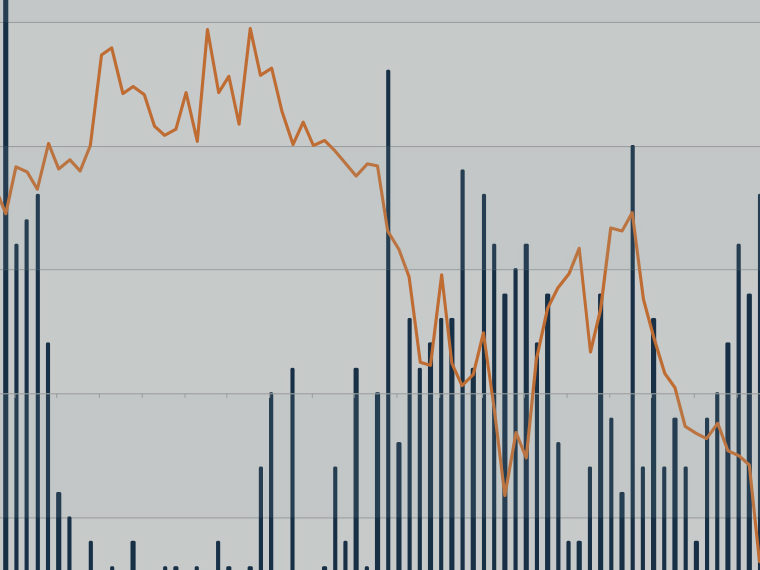Content Type: Research Brief

A ‘Safer’ Treasury Bond
The government’s floating rate notes feature an added measure of security: higher interest earnings in times of rising rates

94% of China’s Pollution Inspections Find No Violation
Researchers offer a model for more effectively targeting wrongdoers

Do Private Prisons Lead to Higher Incarceration Rates?
Researchers take on the difficult job of isolating for-profit prisons from a host of other factors

The Malleability of Who Falls for Conspiracy Theories
It’s not just sheep — even go-getters can be susceptible when they feel less in control

Online Reviews Sway Experiential Purchases Less Than Those of Material Products
Reviews that explicitly talk about objective quality assessments are well received

Vacation Mindset: How Weekends Can Be More Refreshing
Researchers told subjects to treat their weekend like a vacation, then gauged happiness on Monday

Opaque Pricing: How Sellers Can Gather Data and Boost Revenue
Websites peddle unnamed hotels and even cities; would you pay to omit one from the list?

Rethinking Buy-and-Hold Investing
The case for using rising market volatility as a signal to pare back on stocks — does higher risk always mean higher return?

Joint Bank Accounts Make for Happier Couples
Those who keep finances separate are likelier to split up, be less satisfied with their relationship

When Manufacturers Commence Exporting, They Become More Efficient
Looking at costs, in a sample of 5,000 plants in Chile, remarkable productivity gains occur

Consumers Habitually Seek the Middle Ground
Unpublished research shows avoiding the extremes is a common approach marketers need to address

The Surprising Power of Giving Up Choice Control
Abdicating a decision to someone else is viewed as an act of generosity that is handsomely rewarded

What Makes a True Financial Crisis?
Data back to 1870 show similarities in the worst banking system shocks — focusing on loose lending before a meltdown

What Drives LBO Fever? More Than Just Cheap Loans
Private equity investors weigh the total cost of capital — not just debt, but equity as well — when pursuing buyouts

Are You Nudging Me? Oh, OK, Go Ahead
Research shows individuals aren’t necessarily turned off when they know they are being coaxed toward a specific choice

Economics of Women-Driver Ride Hailing
Other safety measures are easier to implement, but research suggests how female driver pool could be increased